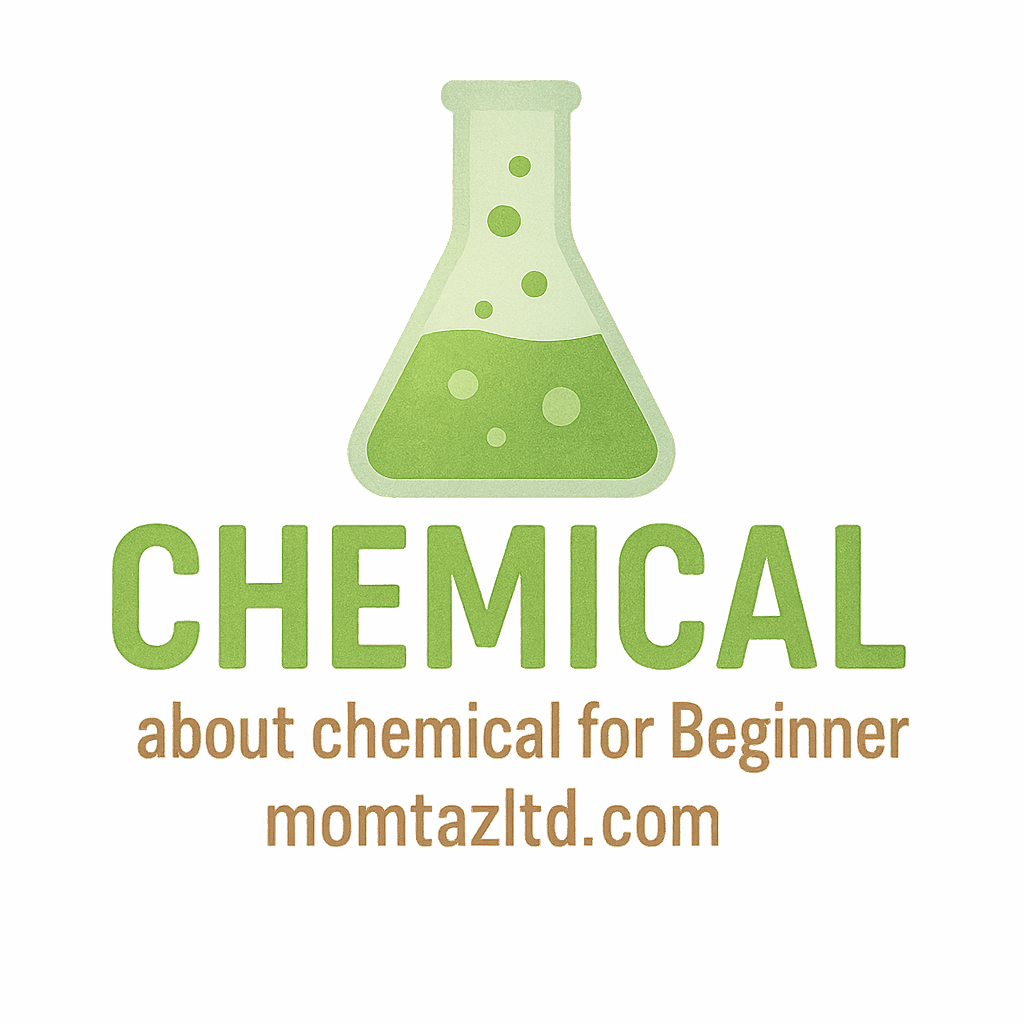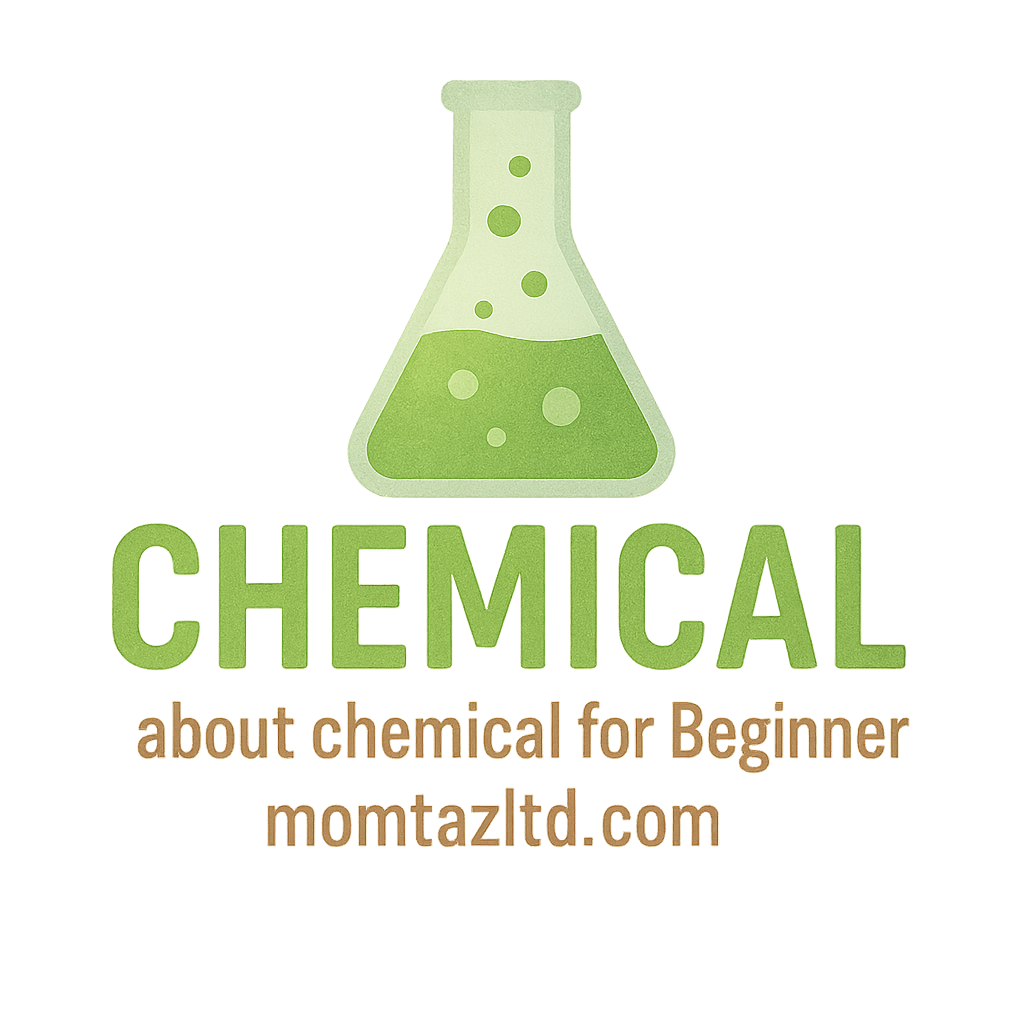Introduction to Learning Chemical Reactions
So, you’ve decided to dive into the world of chemistry. Exciting, right? But here’s the thing—learning chemical reactions can feel like trying to decode a foreign language. Between all the symbols, numbers, and safety concerns, beginners often don’t know where to start. That’s why in this guide, we’ll break down 9 practical ways to learn reactions with chemical for beginner, so you can build confidence step by step.
Why Beginners Struggle with Chemical Reactions
Complexity of Terminology
Chemical reactions come with a dictionary of terms—oxidation, reduction, equilibrium, catalysts. If you don’t first understand the basics, reactions feel overwhelming. That’s why starting with simple terms and beginner chemistry concepts is so important.
Fear of Accidents and Safety Concerns
Let’s be honest—playing with chemicals sounds risky. Fear of spills, burns, or chemical accidents stops many beginners from trying hands-on practice. But with proper chemical safety measures, even small experiments can be safe and fun.
Lack of Hands-On Practice
Reading about reactions isn’t enough. Without real practice, the knowledge fades quickly. You need to mix theory with safe lab or household chemical experiments to really learn.
Way 1: Start with Basic Chemical Principles
Understanding Atoms and Molecules
Think of atoms as Lego blocks. Molecules are the structures you build with them. If you don’t know how the blocks connect, reactions will make no sense. Beginners should start with chemical basics to understand how elements interact.
The Role of Periodic Table
The periodic table is like a map. Once you know how to read it, predicting chemical behavior becomes easier. For example, alkali metals react aggressively with water, while noble gases barely react at all.
Way 2: Learn Common Types of Chemical Reactions
Synthesis and Decomposition
- Synthesis: Two elements combine to form one product.
- Decomposition: One compound breaks into simpler parts.
Both are fundamental and easy to practice safely.
Single and Double Replacement
These are like “chemical swaps.” One atom replaces another, or two compounds exchange partners.
Combustion and Neutralization
- Combustion involves oxygen and usually produces heat and light.
- Neutralization happens when acids and bases cancel each other out—like mixing vinegar with baking soda.
For deeper learning, explore resources like chemical reactions.
Way 3: Use Visual Learning Tools
Reaction Diagrams
Drawing arrows, reactants, and products helps you visualize what’s happening.
Online Simulations and Apps
Don’t have a lab at home? No problem! Try free simulations that let you “mix” chemicals virtually.
Way 4: Practice with Household Chemicals
Safe Kitchen Experiments
Every kitchen is a mini-lab. Mixing lemon juice (acid) with baking soda (base) is a simple acid-base reaction you can try today.
Observing Everyday Reactions
Rusting nails, food spoiling, or a candle burning—all are household chemical reactions happening around you.

Way 5: Explore Laboratory Chemicals
Guided Lab Experiments
If you can access a school or community lab, try simple reaction experiments with laboratory chemicals.
Importance of Lab Safety
Never skip safety! Use goggles, gloves, and follow chemical storage rules.
Way 6: Understand Real-Life Industrial Chemical Reactions
Reactions in Factories and Manufacturing
Industries rely on large-scale reactions—from making plastics to refining oil.
Case Studies of Industrial Chemistry
Learning about industrial chemicals gives you a bigger perspective on how chemistry shapes modern life.
Way 7: Keep a Chemistry Reaction Notebook
Writing Equations and Observations
Jot down every experiment you try. Writing strengthens memory and helps you notice patterns.
Recording Experiments Step by Step
Include diagrams, notes, and even mistakes. Future you will thank present you.
Way 8: Learn from Chemical Experts and Communities
Online Forums and Groups
Join communities where people share tips, lab experiments, and safety hacks.
Following Experienced Chemical Scientists
Follow chemical scientists and educators online—they often break down hard concepts into beginner-friendly lessons.
Way 9: Practice Regularly with Reaction Problems
Solving Equations by Hand
Balancing chemical equations is like solving puzzles. The more you practice, the easier it becomes.
Using Flashcards and Quizzes
Flashcards with chemical terms help reinforce memory.
Common Mistakes Beginners Make in Learning Reactions
Ignoring Safety
Skipping safety steps can lead to accidents. Always prioritize protection.
Relying Only on Memorization
Memorizing without understanding makes learning harder. Focus on grasping why reactions happen.
Skipping Hands-On Practice
Chemistry is not a spectator sport—you learn by doing.
Essential Safety Tips for Beginners
Proper Chemical Storage
Follow rules for chemical storage. Even simple household products need safe handling.
Protective Gear and Lab Rules
Wear gloves, goggles, and follow guidelines shared in learn from experts articles.
Conclusion
Learning chemical reactions doesn’t have to feel impossible. By starting with basics, practicing safely at home, and gradually exploring lab and industrial settings, you can gain real confidence. Remember, chemistry is like a language—you learn it best by speaking it (or in this case, experimenting with it). With these 9 ways to learn reactions with chemical for beginner, you’ll not only understand the theory but also see how chemistry shapes your everyday world.
FAQs
1. What’s the easiest chemical reaction for beginners?
Mixing vinegar and baking soda—it’s safe, fun, and demonstrates acid-base neutralization.
2. Do I need a lab to learn reactions?
Not at all. You can start with safe household chemicals.
3. How can I stay safe while practicing reactions?
Always wear protective gear, follow chemical safety rules, and store chemicals properly.
4. What’s the hardest part of learning reactions?
Balancing equations. But with practice, it becomes second nature.
5. Can I learn chemical reactions online?
Yes! Many learn chemistry resources and simulations are available.
6. How do industrial reactions differ from lab reactions?
Industrial ones happen on a massive scale with strict controls. Learn more at industrial chemicals.
7. Why should I keep a reaction notebook?
Because documenting your journey helps you track progress and avoid repeating mistakes.


